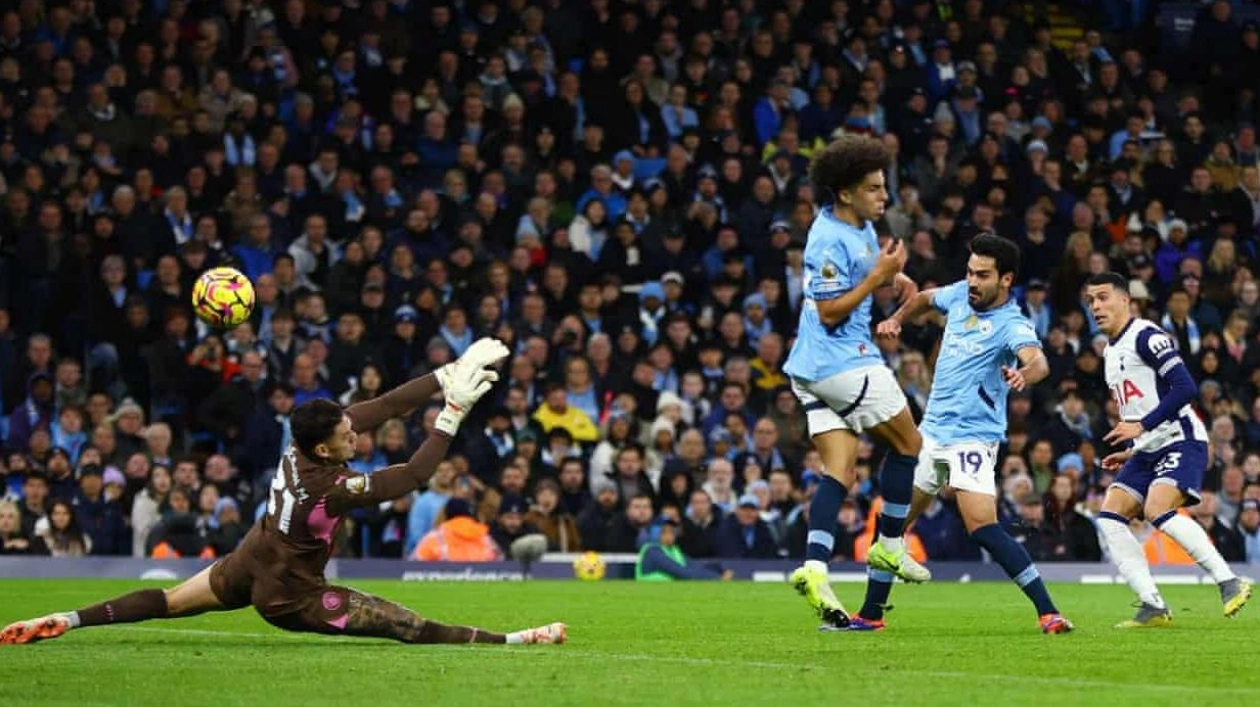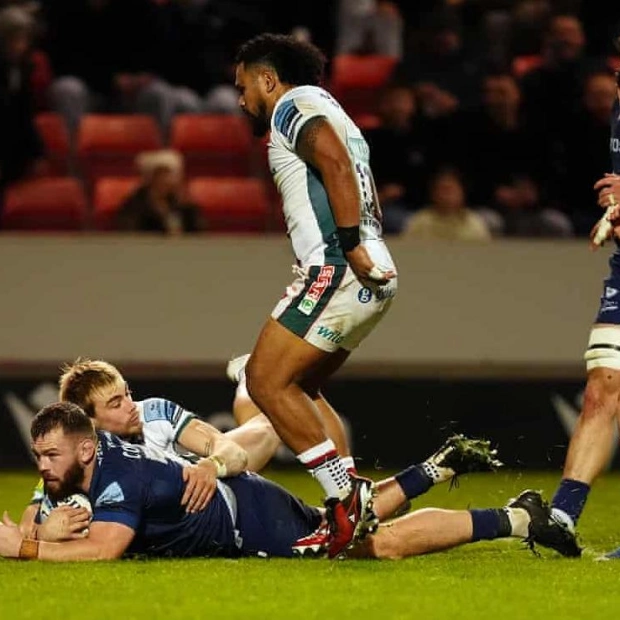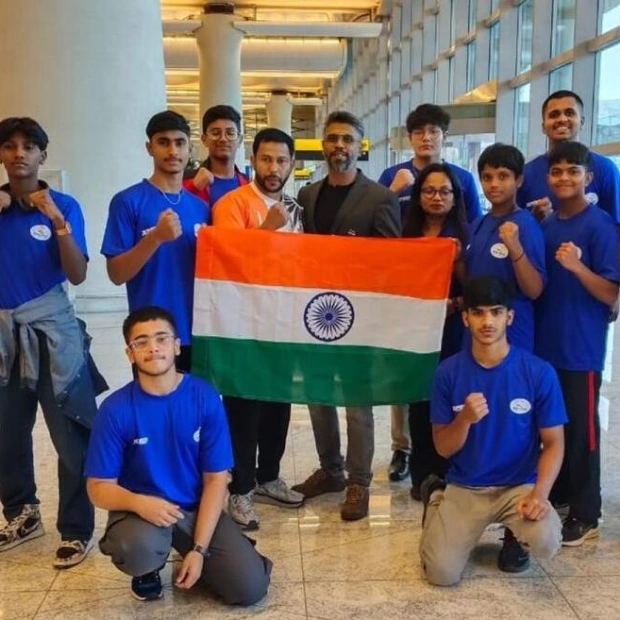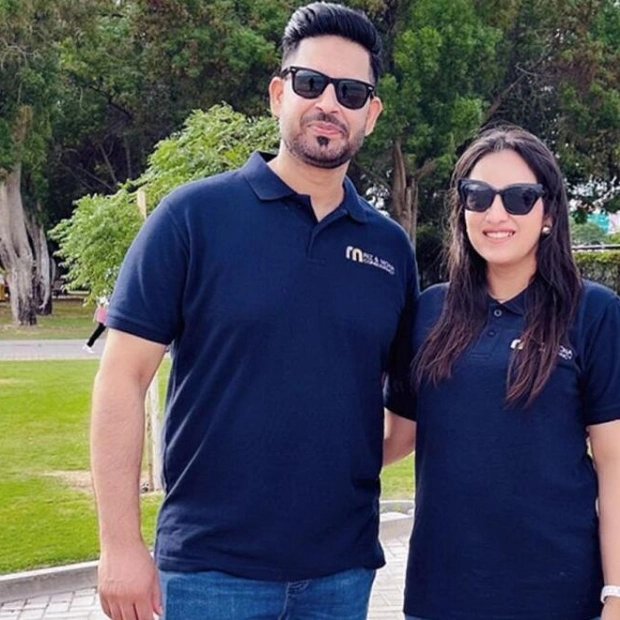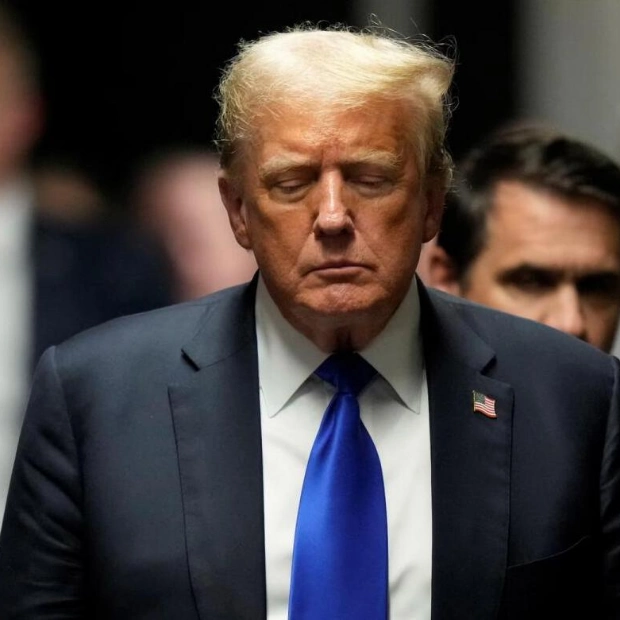Manchester City can now focus on the Ballon d'Or. Before the game, there was a grand celebration for the world's best player: RODRI was illuminated in giant letters on the pitch, resembling a Vegas cabaret show. City's injured midfield star held his trophy high as fireworks lit up the night sky. The event was impeccably tailored, with impressive audiovisuals and a captivated crowd.
Then came the football match, where the champions were defeated 4-0 by a team featuring Radu Dragusin and Ben Davies at center-half. This was City's biggest home loss in over two decades, a result that elicited involuntary gasps and prompted spectators to capture the scoreboard for posterity. However, this was not a shock to those who have been following City's recent performances. A fifth consecutive loss—six if you include the Premier League vote on associated party transactions—is less significant than the recurring pattern of these defeats: City being outplayed by teams that were braver, stronger, more imaginative, and more united.
City's issues are not just about counterattacks but also about the weak and uncoordinated efforts to regain possession, the reluctant and mechanical retreat into position, and the failure to pick up second and third runners. These problems are rooted in conditioning, both physical and mental. It's not just a Rodri problem; the malaise is collective. For instance, in the first goal, Ilkay Gündogan let James Maddison go, and Josko Gvardiol allowed Dejan Kulusevski to cut inside. The center-halves failed to space correctly, and there was insufficient pressure on the ball.
The common theme is reliance on others to bail them out. There's a sense of shirked responsibility, leaving the extra yard to others. This was evident in the second goal when Gvardiol made a slack pass to Gündogan, and no one covered Maddison's reverse run. In the third goal, Kulusevski shrugged off Phil Foden, and City players bumped into each other like Minions, allowing Spurs to score again. No champion team should be this reliant on a single player. Pep Guardiola has found solutions in the past and will likely do so again, but he needs his players to step up.
Erling Haaland's recent form is a concern; he has scored only two goals in his last seven league games, despite having an xG of 7.8. This could signal an implosion, the end of an era, or just a typical autumn blip for a team that is still second in the league and likely to win the title by five points. Guardiola remains confident, asserting that this group of players are still champions and that he has everything needed to turn things around. However, recent results and trends suggest this is more than just an anomaly.
Guardiola often talks about his trophies, rarely missing an opportunity to celebrate the team's achievements. This could be a sign of a regime increasingly focused on projection and how things are portrayed. The timing of his new contract announcement and the legal battle with the Premier League, along with the numerous documentaries and content, all point to a club being run on vibes and past glories. Perhaps it's time to ask if this team has anything new to offer.
Source link: https://www.theguardian.com
